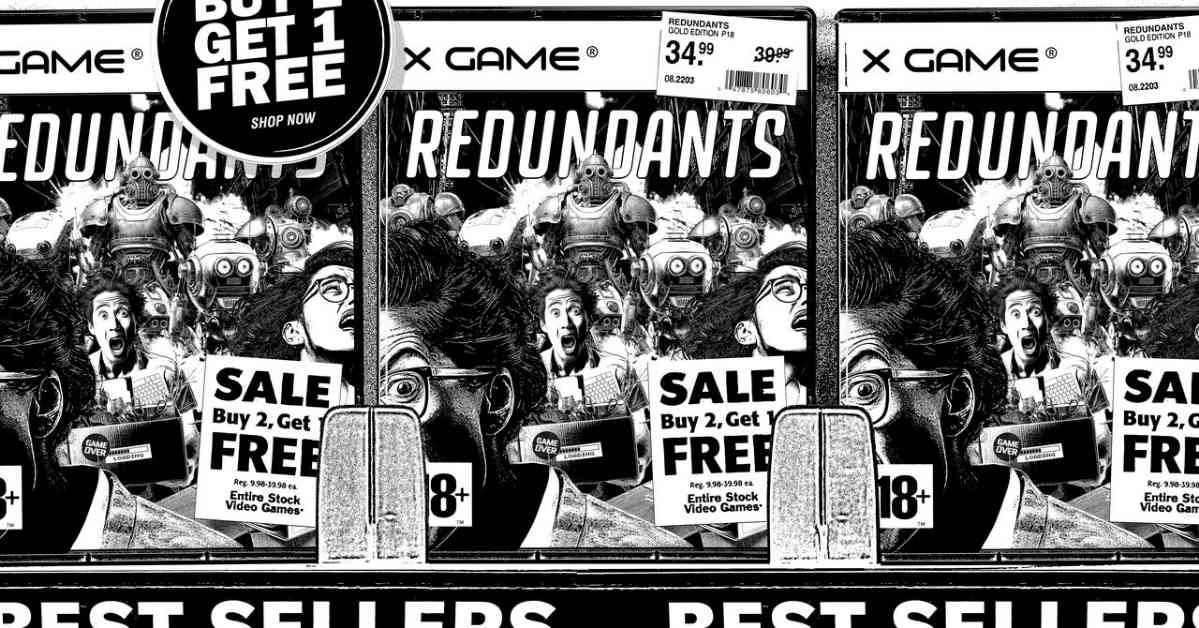Noah, an artist at Activision, felt a wave of anxiety when he received an email from the company’s chief technology officer about the potential of artificial intelligence in the video game industry. While executives saw promise in AI, many game artists like Noah saw it as a threat to their livelihoods. Layoffs in the gaming industry have been on the rise, with thousands of people losing their jobs. The use of generative AI tools has become more prevalent, leading to concerns about job security among game developers.
The impact of AI automation in the video game industry has been significant, with many tasks being handed over to machines, leading to job losses and attrition. While AI is not necessarily eliminating entire departments, it is being used to cut corners, increase productivity, and compensate for attrition after layoffs. This has led to anxiety among artists, designers, and developers who fear that their jobs may be replaced or degraded by AI.
Generative AI tools have become increasingly common in the gaming industry, with many companies implementing them to automate tasks like generating storyboards, character designs, and animations. The use of AI in game development is expected to increase in the coming years, potentially impacting the jobs of concept artists, graphic designers, and illustrators the most.
The rise of AI in the gaming industry has also raised concerns about copyright infringement, as AI systems are trained on existing intellectual property to generate new content. There is uncertainty about the legality of using AI-generated work, leading to fears of displacement and job insecurity among game developers. Some companies have embraced AI, while others have banned its use, highlighting the divide in the industry.
As more video game companies turn to AI for automation, workers are beginning to organize and push back against the use of AI in ways that could threaten their jobs. The fear of displacement and the need for transparency and consent regarding the use of AI tools have led to discussions about unionization in the gaming industry. Workers are calling for protections and regulations to ensure that AI is used responsibly and ethically.
While AI has the potential to streamline processes and improve efficiency in game development, there are concerns about the quality of AI-generated content and the impact on job security. Some companies are exploring fully automated systems that could revolutionize game development, while others are developing their own in-house AI tools to varying degrees of success. The future of AI in the gaming industry remains uncertain, as workers and companies navigate the challenges and opportunities that come with automation.












